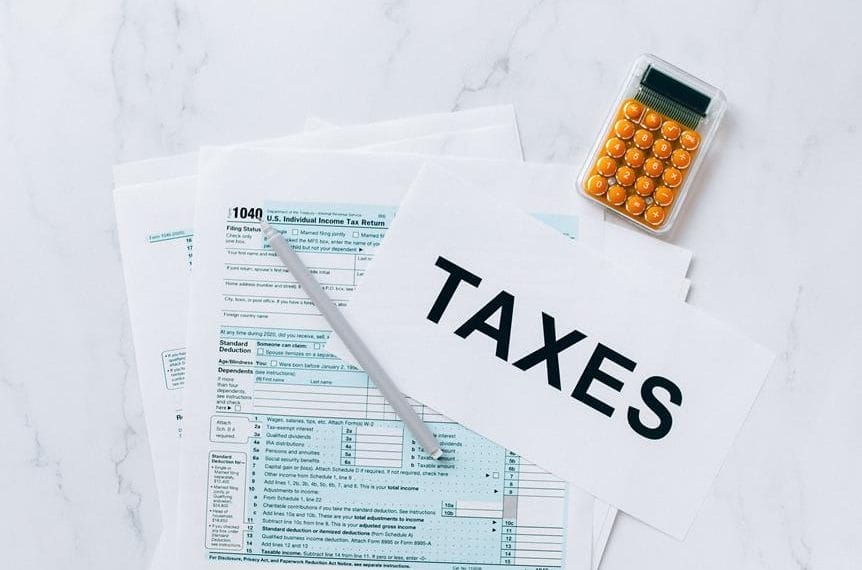Are you married and struggling with overwhelming debt? Filing for bankruptcy can be a potential solution to regain control of your finances. However, it’s crucial to understand the impact it may have on your spouse. In this article, we’ll explore how bankruptcy affects spousal debt, marital assets, and credit scores.
When it comes to bankruptcy, the impact on your spouse depends on a few factors, such as whether you file jointly or individually. If you live in a common law property state, where assets and debts acquired during the marriage are considered separate, filing individually may protect your spouse from liability. However, in community property states, all property and debts acquired during the marriage are shared equally, meaning that both spouses may be affected by the bankruptcy filing.
One of the major concerns for many couples is the impact on credit scores. Bankruptcy can have a lasting effect on both you and your spouse’s credit scores, making it more challenging to obtain loans or credit in the future. The type of bankruptcy filed also plays a role in how it affects your spouse’s credit. In Chapter 7 bankruptcy, where debts are discharged through liquidation, the filing spouse’s credit score will be impacted for up to 10 years. However, if the bankruptcy is filed individually, the non-filing spouse’s credit score should not be affected significantly. On the other hand, a Chapter 13 bankruptcy, which involves a repayment plan, may have minimal impact on the non-filing spouse’s credit as long as they are not jointly responsible for the debts.
Spousal debt and marital assets are important considerations during bankruptcy. In common law property states, debts incurred solely in one spouse’s name are their responsibility alone. This means that the non-filing spouse will not be held responsible for the discharged debts. However, if the non-filing spouse is a co-signer on any of the joint debts, they will still be liable for those debts. In contrast, community property states view all debts acquired during the marriage as jointly owned, regardless of who incurred the debt. Both spouses may be held responsible for the debts, and creditors can go after shared assets to satisfy these debts. It’s crucial to consult with an attorney familiar with community property laws to protect both spouses’ interests and assets during bankruptcy proceedings.
As you navigate through the complexities of bankruptcy, it’s essential to consider the impact on your spouse. Understanding the implications for spousal debt, marital assets, and credit scores can help you make informed decisions and protect your family’s financial well-being.
How Bankruptcy Affects Spousal Credit
When it comes to bankruptcy, understanding its impact on a spouse’s credit score is crucial. The effects can vary depending on the type of bankruptcy filed: Chapter 7 or Chapter 13. Let’s take a closer look at how each type can impact credit scores and what it means for joint and separate filings.
Chapter 7 Bankruptcy
In Chapter 7 bankruptcy, debts are discharged through liquidation. While this can provide much-needed relief for the filing spouse, it can also have a lasting impact on their credit score. Filing Chapter 7 bankruptcy can result in a lowered credit score that may stay on the individual’s credit report for up to 10 years.
However, the non-filing spouse’s credit score should remain unaffected if the bankruptcy is filed individually. This means that if one spouse files for Chapter 7 bankruptcy and the other does not, the non-filing spouse’s credit score should not suffer.
Chapter 13 Bankruptcy
Chapter 13 bankruptcy involves creating a repayment plan to pay off debts over a specified period. Unlike Chapter 7, Chapter 13 bankruptcy may have a minimal impact on the non-filing spouse’s credit if they are not jointly responsible for the debts.
It is important to note that joint filings can have a significant impact on both spouses’ credit scores and borrowing abilities. To protect the non-filing spouse’s credit score and future borrowing ability, it is generally advisable to avoid joint filings when possible.
Understanding the credit impact of bankruptcy is crucial for married couples considering filing bankruptcy. By choosing the right bankruptcy chapter and filing strategy, couples can navigate the process while minimizing the impact on their credit scores.
Impact on Spousal Debt and Marital Assets
When filing for bankruptcy, the treatment of spousal debt depends on whether the debts are held jointly or individually. In common law property states, where debts incurred in one spouse’s name belong solely to that spouse, the non-filing spouse will not be responsible for the discharged debts. However, if the non-filing spouse is a co-signer on any of the joint debts, they will still be liable for those debts.
In community property states, all debts acquired during the marriage are considered jointly owned, regardless of who incurred the debt. This means that both spouses may be held responsible for the debts, and creditors can go after shared assets to satisfy the debts. It is important to understand the implications of community property laws and consult with an attorney to protect both spouses’ interests and assets during bankruptcy proceedings.
When facing bankruptcy, it is crucial to explore all available options for asset protection. This can include transferring assets to exempt categories, such as retirement accounts or homestead exemptions. An attorney specializing in bankruptcy can provide guidance on the best strategies for protecting your assets while complying with the law.
Protecting your financial future involves understanding the impact of bankruptcy on spousal debt, marital assets, and your overall credit score. By working closely with a knowledgeable attorney, you can navigate the complexities of bankruptcy and develop a plan that safeguards your interests and sets you on a path towards financial recovery.













